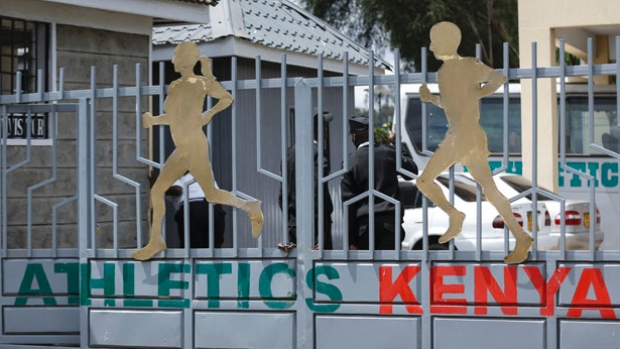The World Anti-Doping Administration (WADA) has used its authority to exert political pressure on governments around the world to get what it wants. If you don’t give WADA what it wants then WADA won’t let your athletes participate in the Olympics.
What does WADA want? Money. Money is one of the top objectives for WADA. WADA and its national anti-doping organizations (NADOs) needs tens of millions of dollars to perform anti-doping controls every year. They can never conduct enough tests and they never obtain anywhere close to the amount of money needed to make a meaningful difference.
WADA could wait for voluntary donations by various countries who want to support its moral agenda in sports. But it’s just so much easier for WADA to extort sovereign countries to amend their national laws and allocate funds to help fund the anti-doping crusade.
WADA has actively pressured and lobbied numerous countries to criminalize the use of anabolic steroids and doping substances for all of its citizens. It has also helped draft legislation that guarantees more funding for the country’s NADOs which act as a local extension of WADA.
The government of Kenya learned firsthand how ruthless WADA can be. WADA has a lot of clout especially with the 2016 Summer Olympics in Rio de Janeiro just around the corner. Kenyan politicians were faced with the prospect of Kenya being declared non-compliant with the WADA Code. And if it was declared non-compliant, this could mean that WADA would actively try to have Kenyan athletes banned from the Olympics.
Olympic sporting success, particularly in the middle- and long-distance running events, is a source of tremendous national pride in the African country of Kenya. Kenya may not be a big player on the economic or political world stage but when it comes to track events, Kenya is a giant. The possibility of missing the Olympics was simply not an option for Kenya. This clearly meant that Kenya must do whatever it took to meet WADA’s demands.
This resulted in the Kenya Parliament passing a WADA-approved anti-doping bill on April 19, 2016. The new legislation will officially become the law of the land when Kenyan President Uhuru Kenyatta signs it. Specifically, the anti-doping bill would criminalize the use of anabolic steroids and performance-enhancing drugs (PEDs) for all citizens in Kenya.
Not only would violators face sanctions from sports participation, they would now also be targets of law enforcement agencies and the criminal justice system. Users of anabolic steroids and PEDs will now face up to three years in prison and a $30,000 fine if they are found guilty of doping offenses.
And then there is the money. The anti-doping bill forces the Kenya government to allocate funds that will properly fund the education, training, testing and investigative functions of the Anti-Doping Agency of Kenya (ADAK).
According to Tom Odula of the Associated Press, the new law was necessary to “appease” WADA.
“Kenya needed to pass the law and set up and properly fund a national anti-doping agency to appease WADA,” Odula wrote.
Kenyan President Kenyatta echoed the same sentiment in a speech after the signing of the anti-doping bill.
“Today, I am confident that WADA will look upon the passage of our anti-doping law favorably as a sign of our unwavering commitment to meeting the highest international standards,” Kenyatta said.
Kenya is the latest country willing to throw steroid users in prison and divert taxpayer funds to pay for a morality in sports agenda in response to pressure from WADA.

